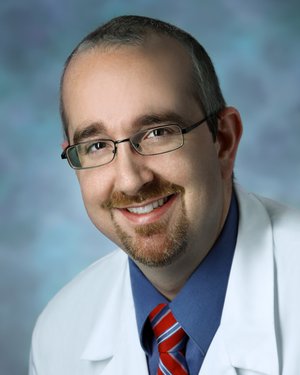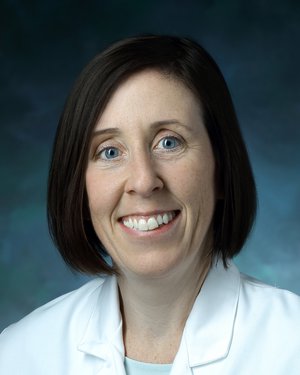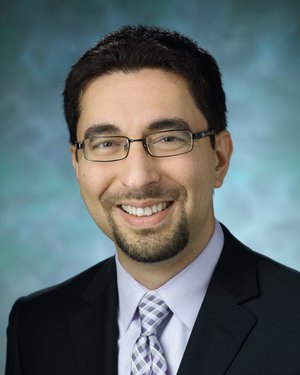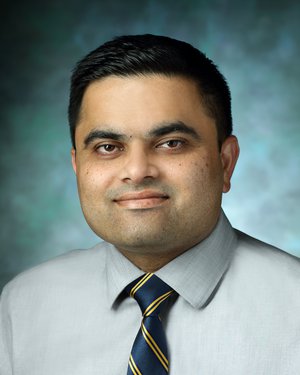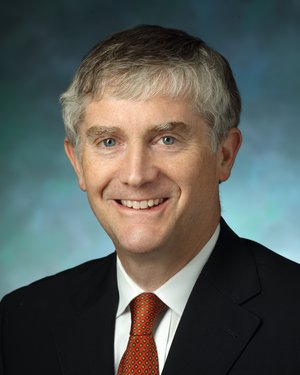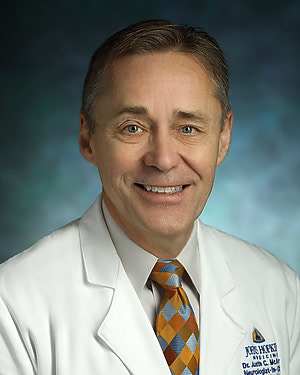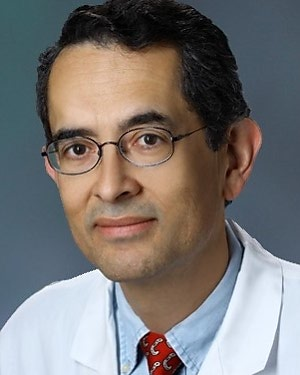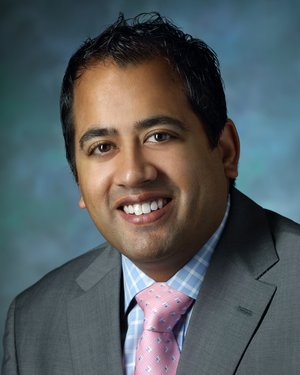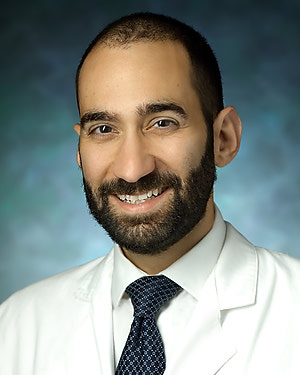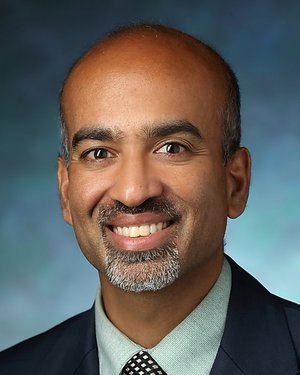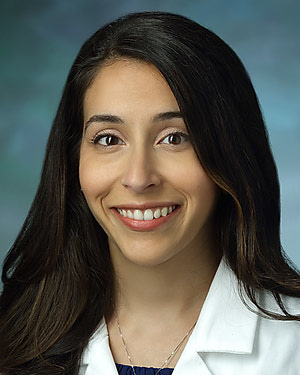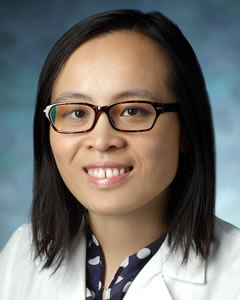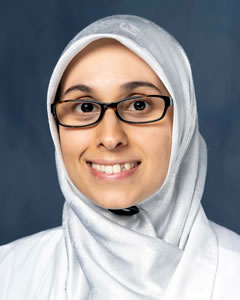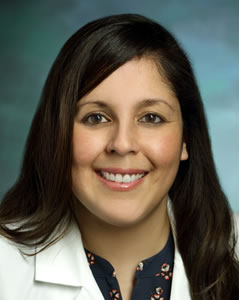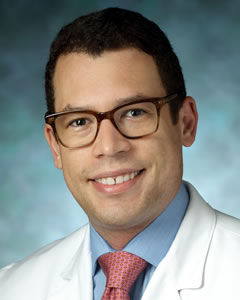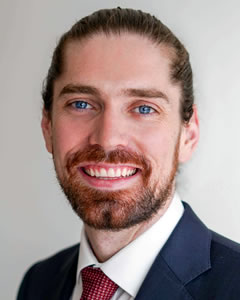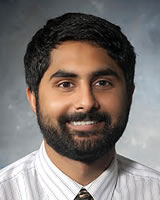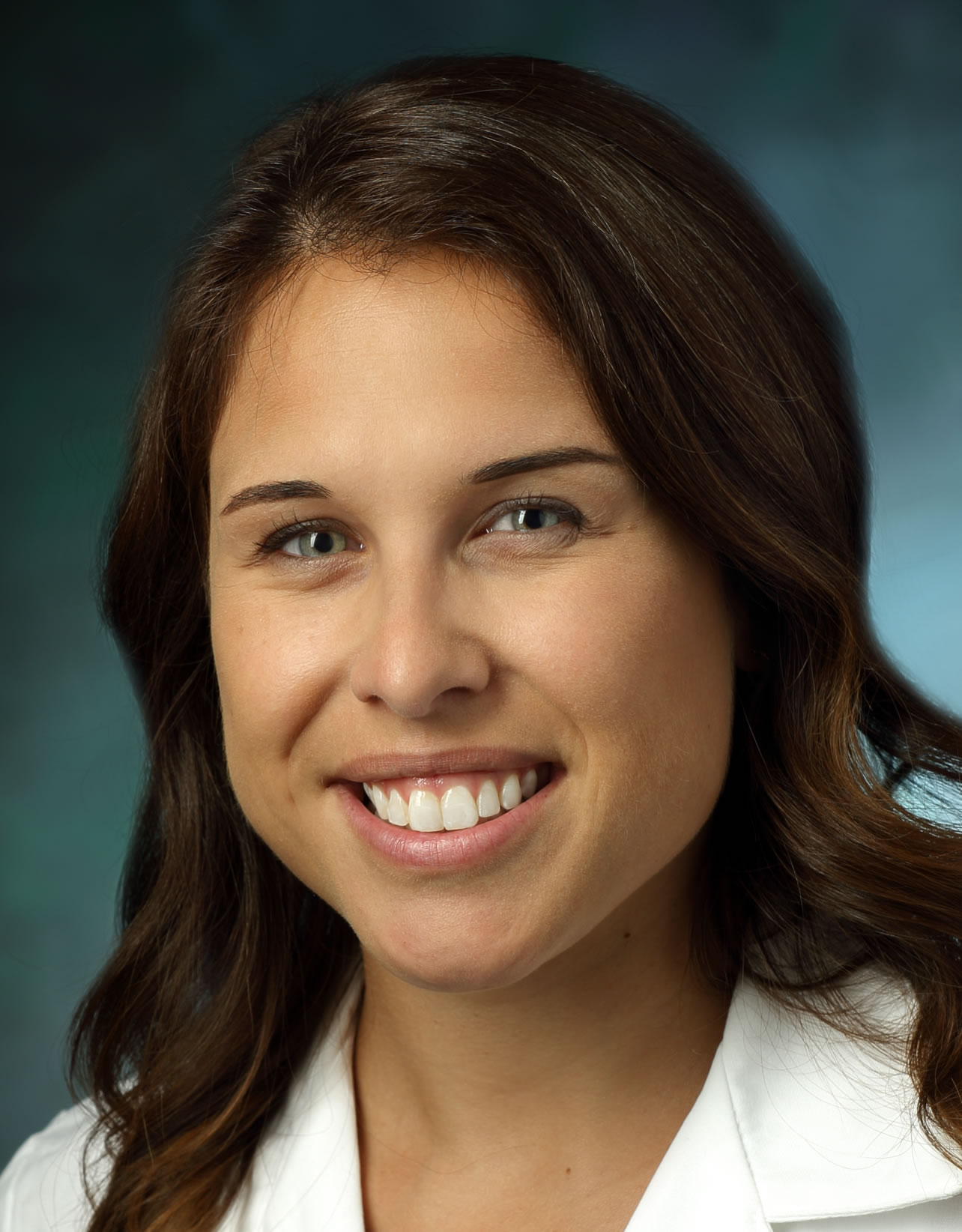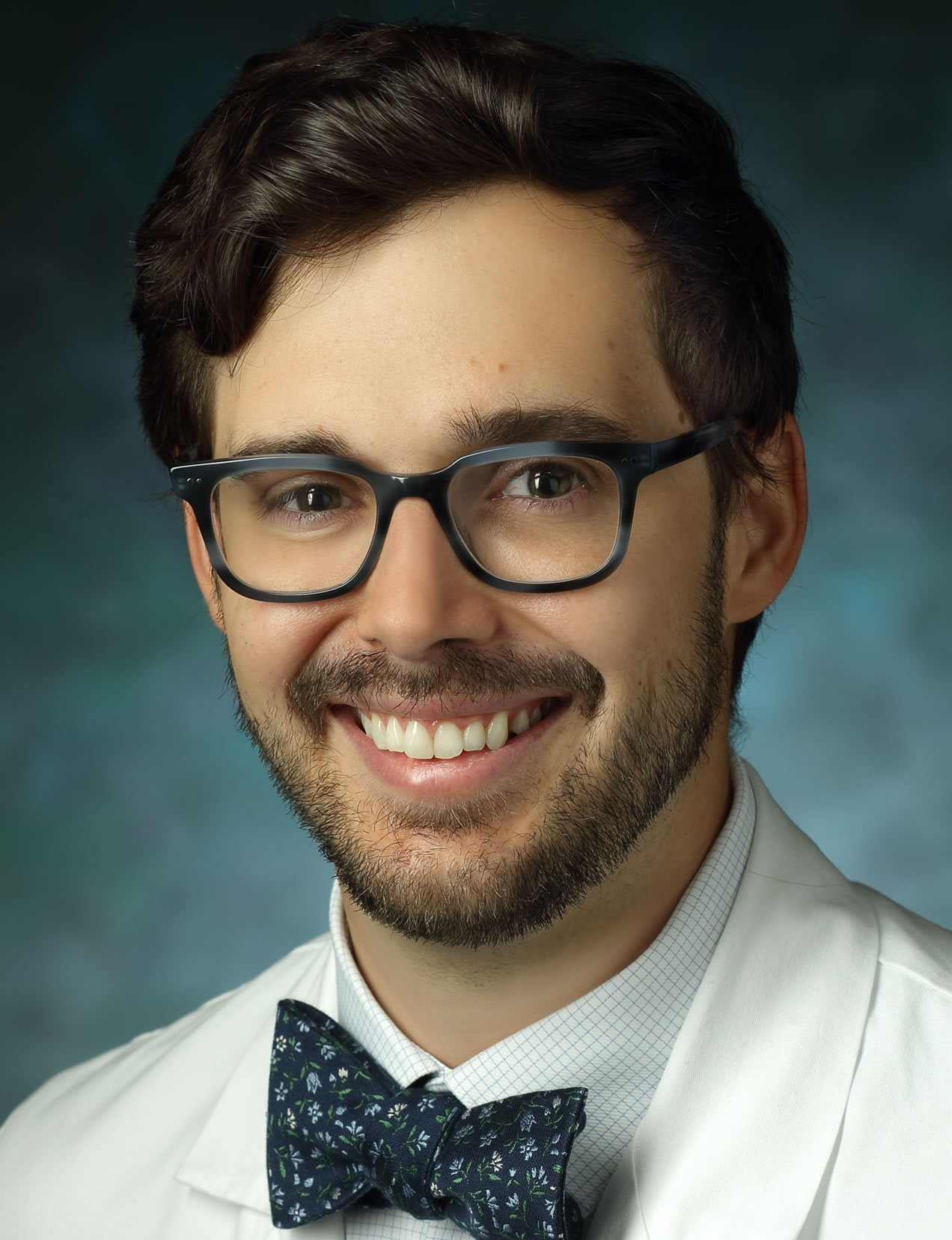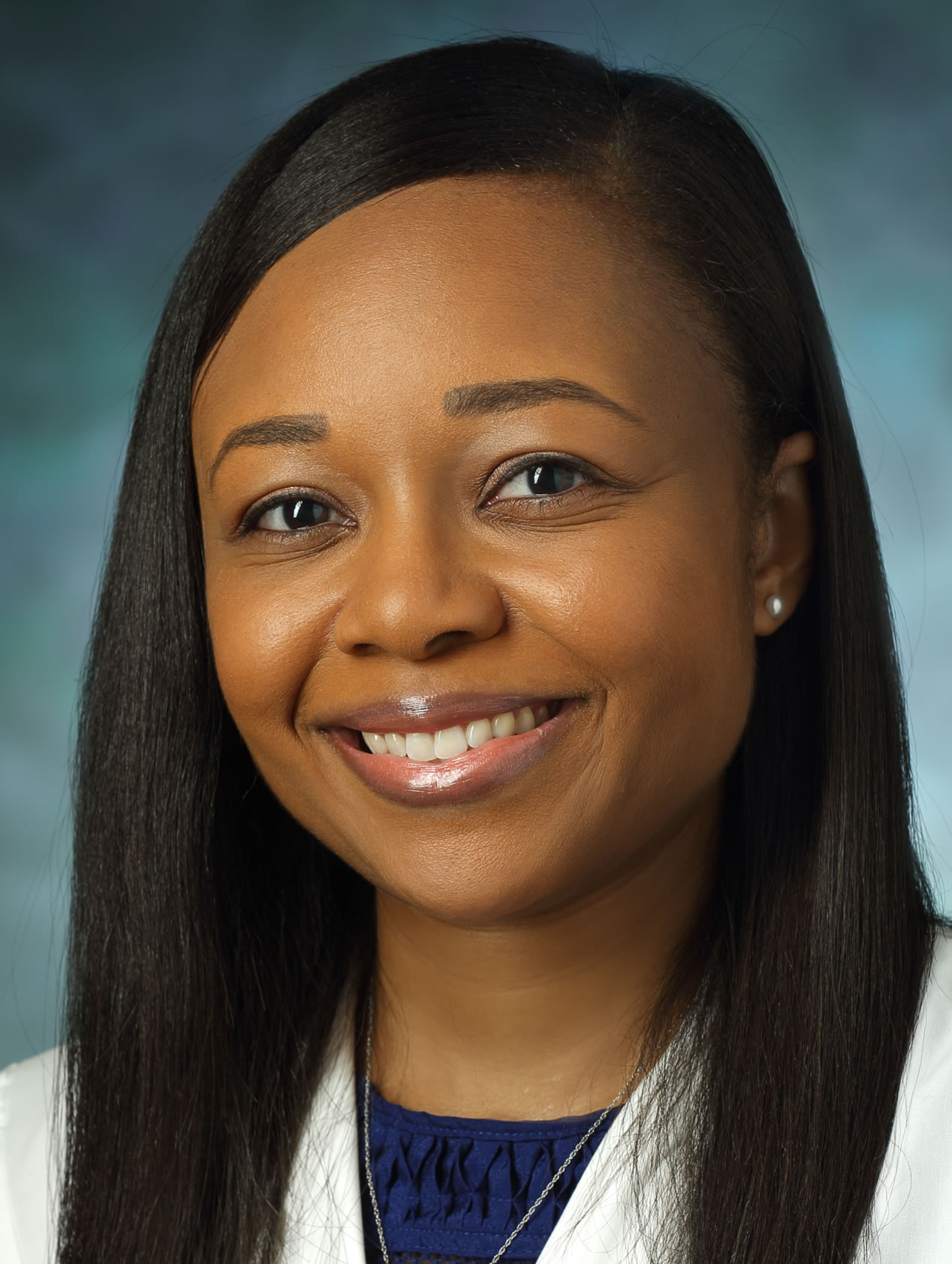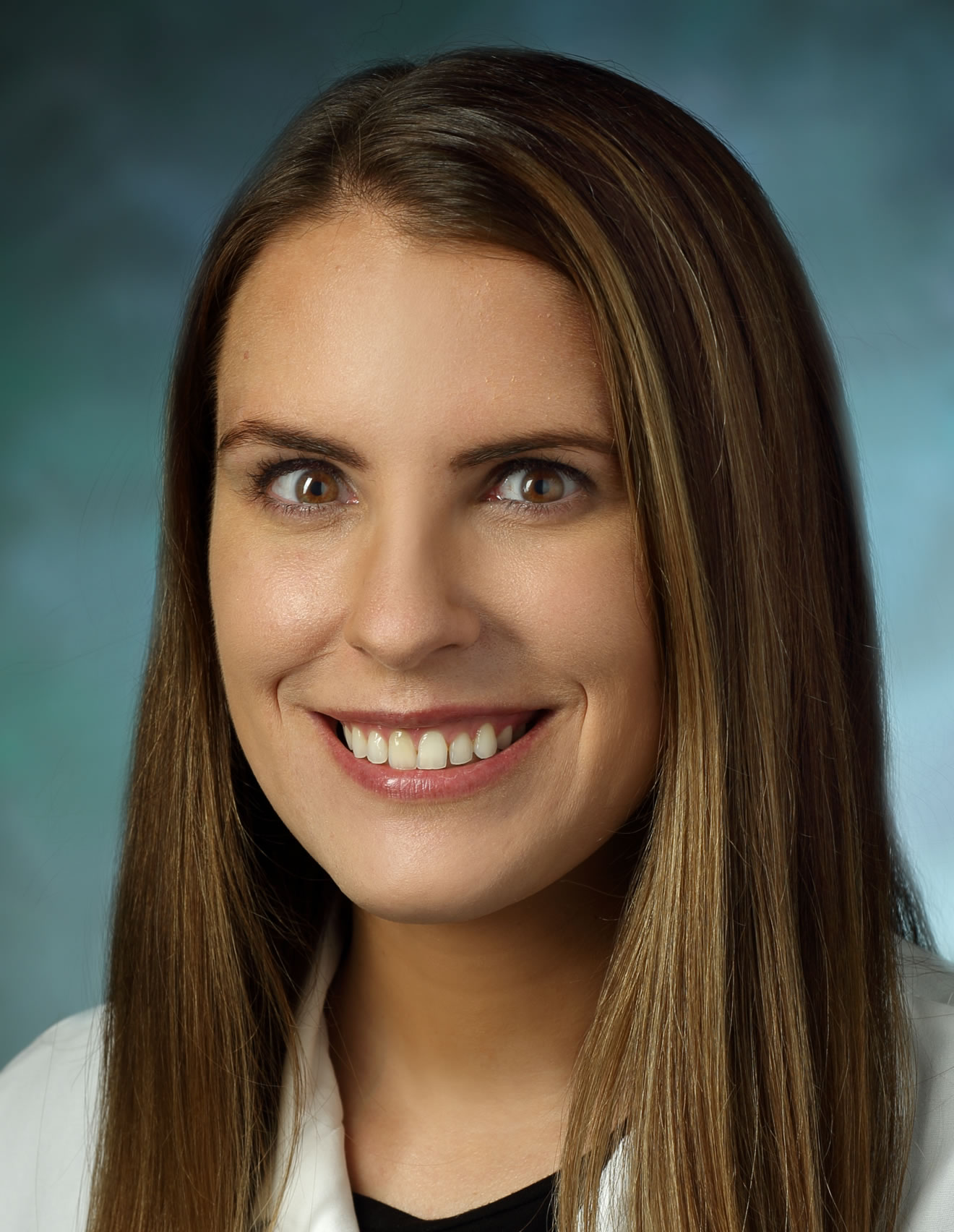The Johns Hopkins Myelitis and Myelopathy Center (JHMMC) was the first center in the world established to facilitate optimal diagnosis, management, research and education on acute and chronic non-traumatic spinal cord disorders. Since its inception in 1999, the center has deployed the individualized evidence-based diagnosis and care model to achieve the fundamental goal of improving the diagnosis and management of myelitis and myelopathies. In conjunction with comprehensive clinical care, the JHMMC serves as a hub for clinical and basic research, patient education and training of the future generation of neurologists, with the ultimate goal of optimal recovery of patients with myelitis and myelopathies.
Patient Care: The JHMMC implements a multidisciplinary approach to provide comprehensive and timely evaluation and diagnosis of patients with myelitis and myelopathies in the United States and the world. Depending on the person’s needs, they are evaluated and treated by specialty experts including neurology, neurosurgery, radiology, neurorehabilitation and urology providers.
The JHMMC has a robust collaboration with the Kennedy Krieger Institute, as well as rehabilitation colleagues across the Johns Hopkins enterprise, including physical and occupational therapists specializing in non-traumatic spinal cord disorders.
Research: Clinical research centered on studies of the risk factors and epidemiology of myelopathies and myelitis, and strategies to improve diagnosis and treatment have been a major focus of the JHMMC. In the past few years, studies led by the center have contributed to a better understanding of inflammatory disorders of the spinal cord such as neuromyelitis optica spectrum disorder, myelin oligodendrocyte glycoprotein antibody-associated disease, neurosarcoidosis, and demyelinating spinal cord disorders, including MS. The critical roles of vascular risk factors in the presence of non-traumatic spinal cord disorders have been well described by the center’s clinical studies, which emphasize the need for identifying such risks and timely treatment. Their work has had a significant impact on the way patients are diagnosed and managed. In addition, studies for identification of biomarkers of diagnosis and pathogenesis of non-traumatic spinal cord disorders using neuroimaging techniques and cerebrospinal fluid analysis have contributed to differentiating the many causes of those disorders.
Education and Training: The JHMMC is the nucleus in the United States for education of clinicians and scientists committed to improving diagnosis, treatment, and understanding of myelitis and myelopathies.
